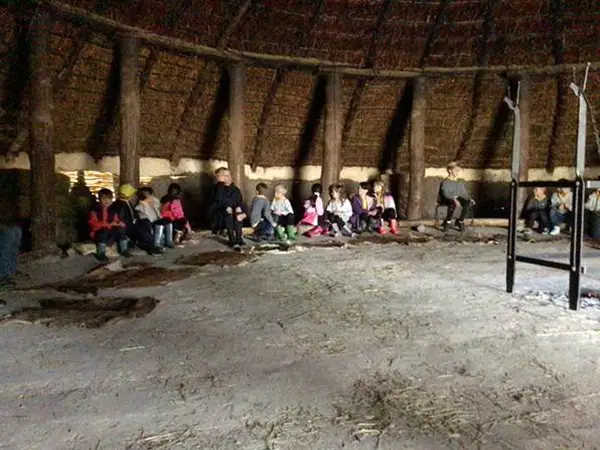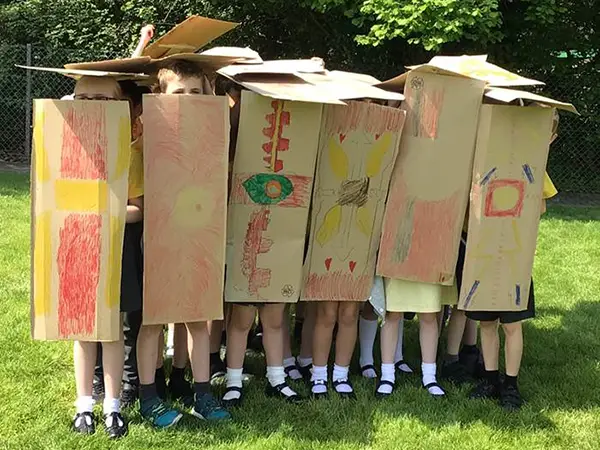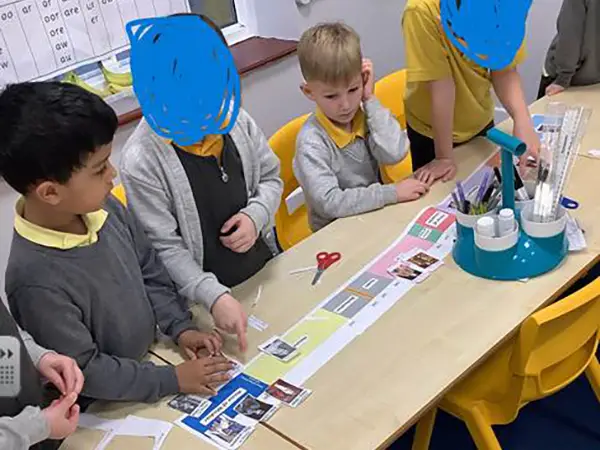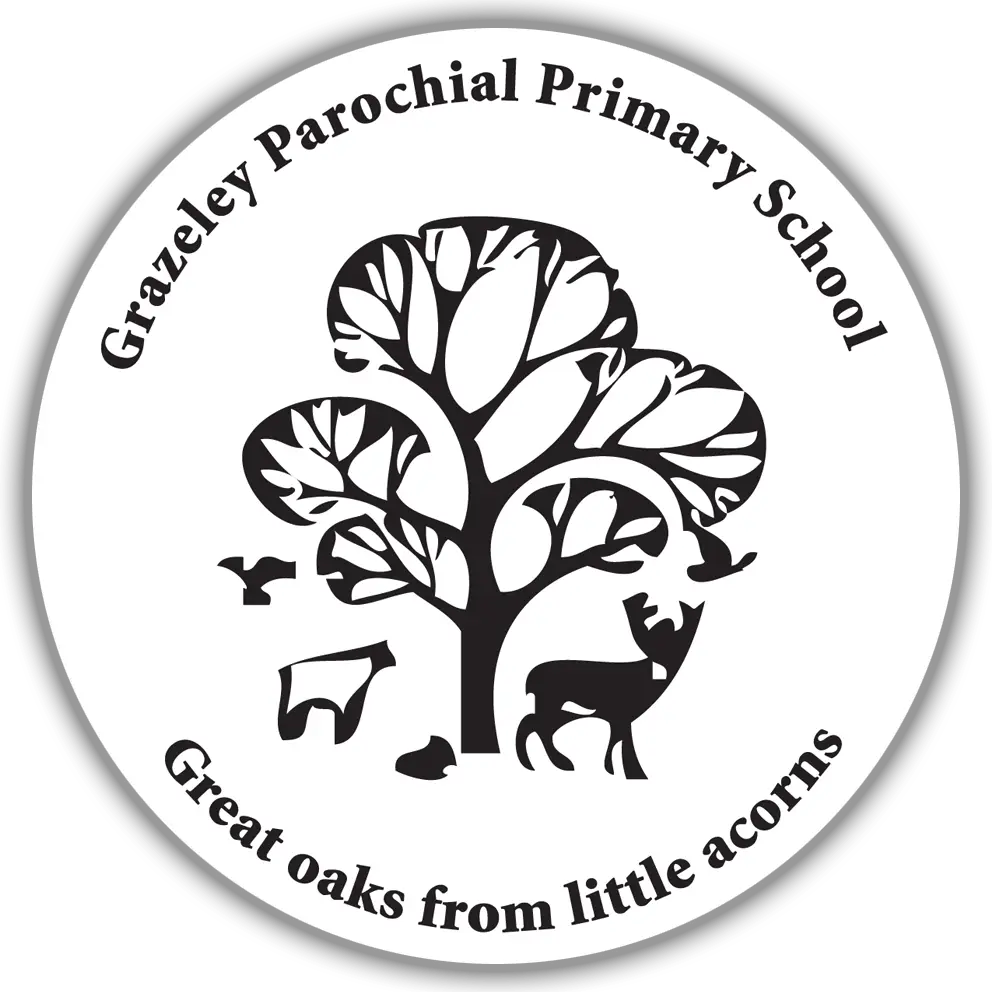- 0118 9883340
- [email protected]
History
History inspires in pupils a curiosity and fascination about the past. Children learn to build up a coherent, chronological narrative whilst being able to make connections, draw contrasts and analyse trends between different historical eras.
History
National Curriculum Purpose of Study
A high-quality history education will help pupils gain a coherent knowledge and understanding of Britain’s past and that of the wider world. It should inspire pupils’ curiosity to know more about the past. Teaching should equip pupils to ask perceptive questions, think critically, weigh evidence, sift arguments, and develop perspective and judgement. History helps pupils to understand the complexity of people’s lives, the process of change, the diversity of societies and relationships between different groups, as well as their own identity and the challenges of their time.
Whole School Definition of History
History is the study of the past, in particular the changes over time that have occurred within human society.
‘A people without the knowledge of their past history, origin and culture is like a tree without roots’.
Marcus Garvey
Intent
At Grazeley Primary School, we believe that children are entitled to leave primary school with a basic grasp of the broad sweep of British history and an understanding of history across the wider world. We have prioritised learning about significant aspects of several ancient civilisations (and their commonalities and differences) rather than knowing a great deal about just one or two. We plan to show British history and (and to an extent world history) as an interconnected narrative rather than just as discrete topics. The use of the time lines is key here.
Our history curriculum is based on the National Curriculum.
The Reception curriculum provides pupils with stories and rhymes which begin to develop an understanding of chronology. Key Stage 1 is used to introduce children to the basic ideas of history as study of the past, looking at the development over time of certain aspects of society and some influential figures. In Key Stage 2, the curriculum progresses chronologically, from the Stone Age to the modern day. This allows for the repeated retrieval of preceding topics and the cumulative development of a core timeline.
At Grazeley Primary School, history is taught through nine key concepts that repeat throughout the curriculum. (In brackets, are other important related concepts.) These provide lenses through which to consider the different aspects of history. These are split into the substantive knowledge that children must know and remember and the disciplinary knowledge that they need to understand in order to be historians. When we are teaching the children to be historians, we examine by concentrating on the “When, and why?”
Substantive Knowledge (Golden Threads)
- Society (architecture, art, civilisation, communication, economy, inspiration, myth, nation, religion, settlement, story, trade)
- Power (country, democracy, empire, equality, government, law, monarchy, oppression, parliament, peasantry, politics, prejudice, slavery, poverty, protection, tyranny)
- Civilisations (conflict, disaster, conquest, liberation, occupation, military, peace, plague, surrender, treaty, war)
- Exploration and invention (discovery, migration, navigation, progress, tools)
Disciplinary Knowledge (being a ‘historian’)
Cause and consequence
- Know the relationship in history between an event, a condition, or a decision (the cause) and the events or results that follow it (the consequences).
Change and continuity (chronology)
- Know that in history many things change but that others remain constant.
Compare and contrast (similarity, difference)
- Know the extent and type of difference between people, groups, experiences or places in and between historical periods.
Artefacts and sources (evidence, interpretation, eye-witness, source)
- Know how historians use sources as evidence to construct, challenge or test claims about the past.
Implementation
Our curriculum is based on the Cornerstones Maestro curriculum. We prioritise the teaching of our nine key concepts when deciding on the aspects of each historic period to focus on.
Whole School Overview
Impact
Memorable experiences are planned in when they clearly support the learning. Each unit ends with an innovate task which is an opportunity to put learning into context and for an audience.
Feedback and Assessment
We use ‘proof of progress’ questions in each lesson to determine progress made.
In Grazeley, our history curriculum is immersive and engaging, with our children exploring history through trips, our local history, and looking at artefacts to learn about the past.
In year 3, we went to Butser Ancient Farm to explore the stone age through to the iron age. Here our children in an iron age round house, having an immersive experience which brings this time period to life. (Insert photo)

In year 2, we study monarchs throughout the ages from William the Conqueror onwards, and as part of this unit of study we visited Windsor Castle. Whilst there, we looked at portraiture including objects and supplemented all of the learning on this unit, and shows how the monarchy is relevant to our life now as well how important it is to our local history. (Insert photo)

In our Romans unit, we learnt about how disciplined and effective the Roman army were, making our own roman shields to create a testudo formation to demonstrate the strength of their battle strategy against the Celts. (Insert photo)

We study chronological understand to ensure that all children have a solid base of historical understanding to build upon. This includes work on timelines, as children are seen doing here. (Insert photo)

